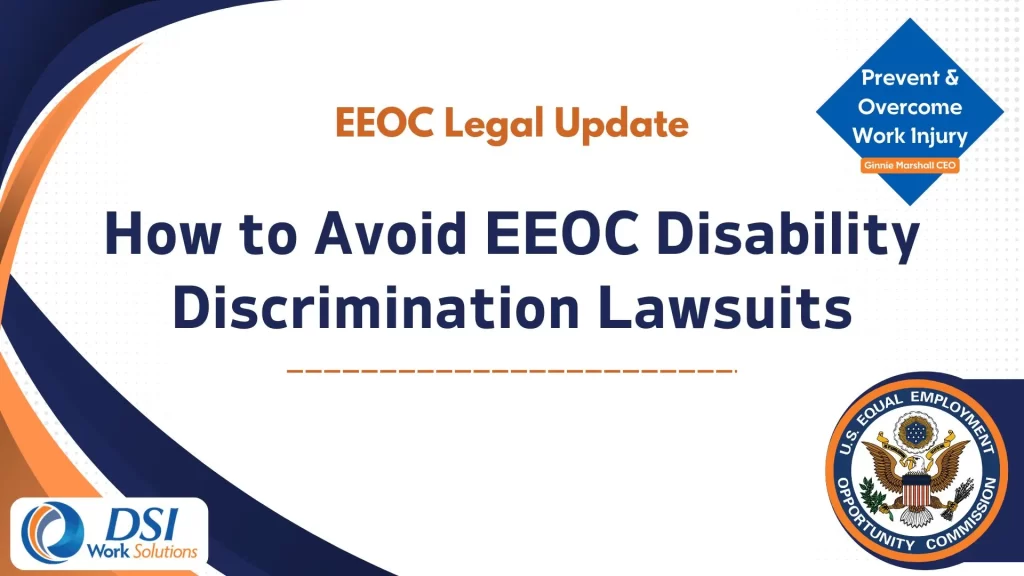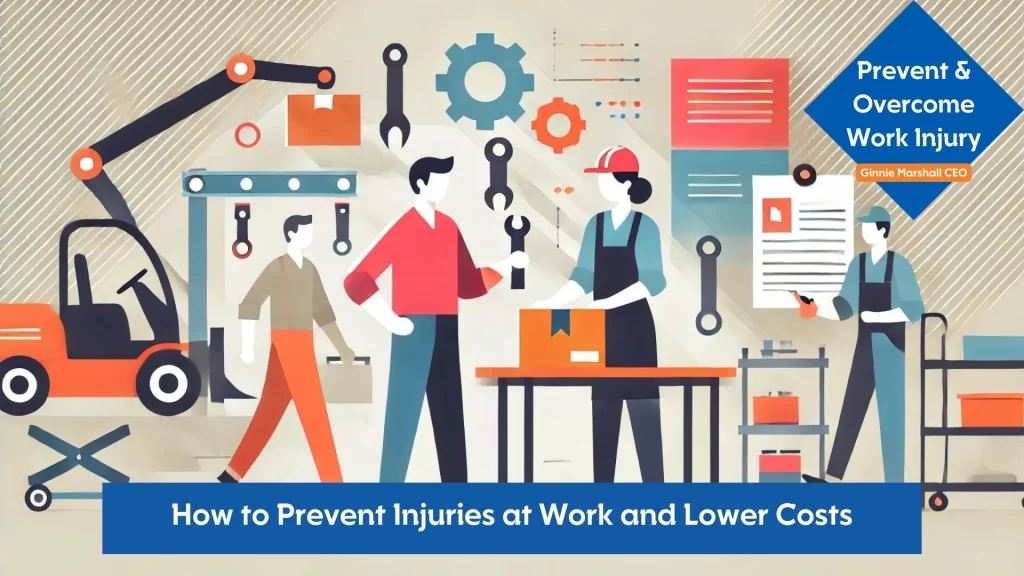Estimated reading time: 2 minutes

The Equal Employment Opportunity Commission (EEOC) defines Content Validity as “a demonstration that the content of a selection procedure is representative of important aspects of performance on the job”.
The EEOC also defines disparate impact as “tests or selection procedures that have the effect of disproportionately excluding persons based on race, color, religion, sex, or national origin, where the tests or selection procedures are not “job-related and consistent with business necessity.”
When it comes to physical demand related testing to qualify an individual for a physically demanding job, it is not only critical that testing be job related and consistent with business necessity, it is equally important that the testing be easily recognized as such. Content valid tests and measures also foster effective communication regarding the requirements of a job. The job relatedness of testing is clear and therefore trusted to a much higher degree. Misunderstandings are minimized and therefore lawsuits can be as well.
As it relates to disparate impact, an important first order of business is to assure that testing is job related and consistent with business necessity. It is ONLY then that testing procedures resulting in disparate impact may be allowed. Even then, large employers may be expected to alter jobs to allow for those impacted to be able to participate in their employment opportunities.
Regardless of law and especially in today’s tight labor market, employers ultimately want to hire and place employees who will be productive and be less likely to quit. Ultimately, employers don’t want to turn away good and willing candidates.












.webp)